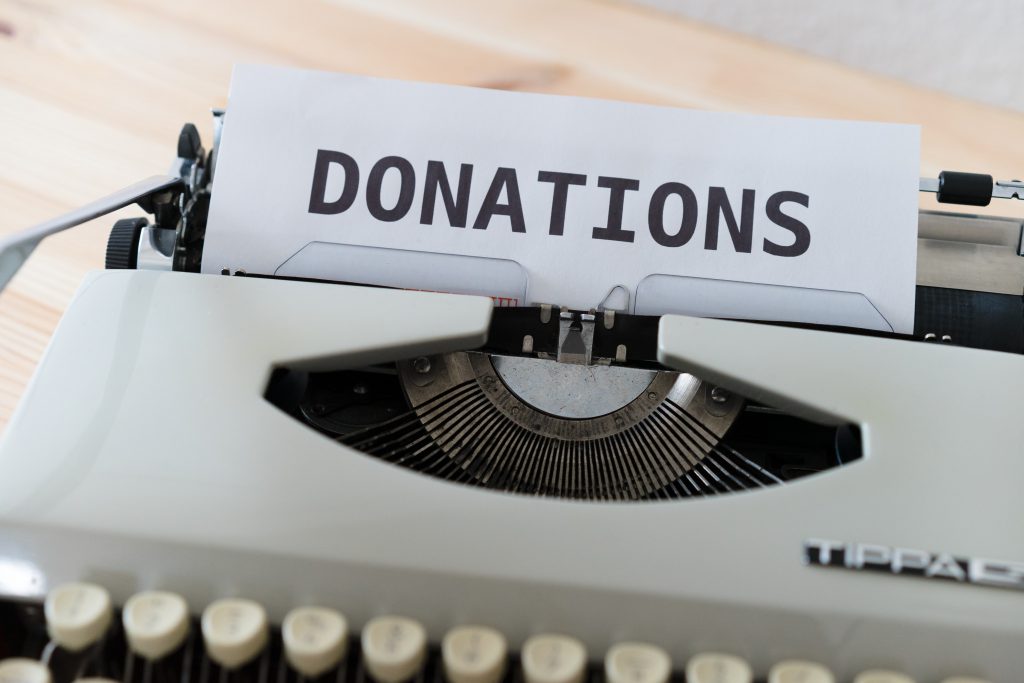Photo by Markus Winkler on Unsplash
In early August 2020, it was announced that Eritrea is the only nation out of 55 African countries to refuse to join the African Free Trade Agreement, which is believed to be able to “lift 30 million Africans out of extreme poverty and boost the incomes of nearly 68 million others who live on less than $5.50 a day.” According to Eritrea Hub: “The country’s posture is ingrained in the government of Eritrea, GOE’s historic stance in advocating regional integration over such continental aspirations.” Nigeria and Benin were the most recent African nations to ratify the AfTA just over a year ago in June.
Through this reprehensible decision, the government of Eritrea has once again exhibited its lack of concern over promoting the lives of its own citizens. During the pandemic, Eritrea has repeatedly refused aid from other nations- when Chinese investor and founder of Alibaba, Jack Ma, offered to send ventilators and personal protective equipment (PPE) to the nations of Africa, Eritrea was the only nation to refuse the generous offer, claiming to be self-sufficient and capable of weathering the pandemic on its own devices. However, according to Meron Estefanos, director of Eritrean Initiative on Refugee Rigthts, Eritrea does not have the means necessary to protect its people, “Eritrea is not ready for anything. First of all, just eight months ago they shut down 29 Catholic clinics. These were the best clinics in the country, giving free service to the public.”
Moreover, what little aid has actually been received by Eritrea has been shown to end up in the overseas bank accounts of elites. In a 2020 World Bank Policy Research Working Paper, Elite Capture of Foreign Aid: Evidence from Offshore Bank Accounts, it is revealed that (1) World Bank aid flows account for 3.2% of the annual GDP, (2) the nation has 8 deposit accounts in foreign bank ‘havens,’ and (3) Eritrea exhibits a 2.29% quarterly growth rate in deposits to foreign accounts. This corrupt phenomenon in which aid is not used for intended development purposes displays the extent to which the government is corrupt and the Eritrean people are suffering under an oppressive regime.
This phenomenon also creates a two-pronged problem. Firstly, it is true that Eritrea needs the aid, in order to develop medical technology and purchase medical supplies. We have to ensure that the Eritrean government no longer refuses outside help under the guise of self-sufficiency. Secondly, the possibility exists that the government may receive aid gratefully but then not funnel it towards necessary purposes, and rather siphon it into elite’s pockets. The main solution is equally as convoluted: We must not only encourage Eritrea to admit its need for assistance and to receive all aid granted to them, and we must also ensure that the aid and funding is used resourcefully and does not fall to corruption. This corruption is an extreme and present danger for a nation who is already extremely low on the development index. According to UNDP:
“Eritrea’s HDI value for 2018 is 0.434 – which put the country in the low human development category – positioning it at 182 out of 189 countries and territories. The rank is shared with Burkina Faso. Between 2005 and 2018, Eritrea’s HDI value increased from 0.424 to 0.434, an increase of 2.2 percent. Table A reviews Eritrea’s progress in each of the HDI indicators. Between 1990 and 2018, Eritrea’s life expectancy at birth increased by 16.4 years, mean years of schooling increased by 0.2 years and expected years of schooling increased by 1.2 years. Eritrea’s GNI per capita increased by about 90.7 percent between 1990 and 2018.”
Despite what are surely great steps forward in increasing the life expectancy, years of education, and GNI per capita over the past 30 years, it is notable that, still, as of 2018, the average life expectancy at birth is only 65.9 years, the expected years of schooling is 5, the mean years of schooling is only 3.9, and the GNI per capita is 1,708 $PPP.
To ensure that aid transfers are used to foster human development and better responses to the pandemic, we make the following recommendations to international aid organizations regarding their future relationship with Eritrea as possible benefactors:
(1) Reiterate to Eritrean officials that grant money and financial aid is to be used for the sole purpose of bolstering the nation’s response to the covid-19 pandemic, through the development of medical practices and technology, the purchase of necessary medical tools and supplies, the alleviation of financial burden on covid-19 patients and susceptible communities; etc.
(2) Clarify that misuse or suspicion of misuse of covid-19 grant money and financial aid will result in an investigation into fraudulent use of foreign aid in Eritrea and the immediate cessation of aid transfer to Eritrea;
(3) Establish mandatory monitoring and reporting mechanisms to ensure that covid-19 grant money is being used for its intended purposes.

